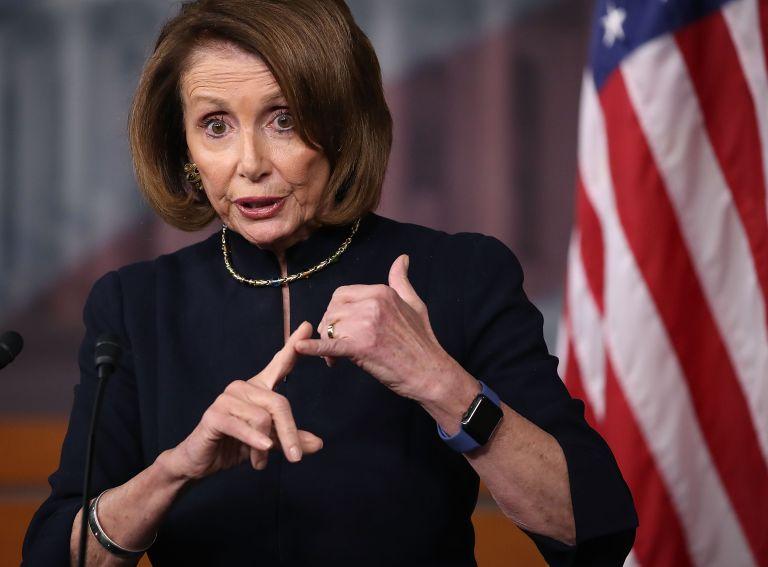
Image Via: singularityhub.com
What “Access” To Healthcare Really Means
By Elysia JMay 17 2019, Updated 4:55 p.m. ET
The 2020 elections are just around the corner. Which means that you’re starting to hear what candidates policies are (Or in the case of billionaire candidates you’re hearing utter gibberish). And of course this is America so healthcare is a huge issue.
Now the thing about healthcare is that everybody wants it. But no candidate wants to come out and say that they don’t want everyone to have it. So candidates, and politicians more generally, who don’t support policies that would actually guarantee healthcare for everyone (*cough* Medicare for all *cough*) have a problem. How do I explain my policy position without broadcasting the fact that it would leave many people without healthcare?
Simple. Say that your policy guarantees everyone “Access” to healthcare. Now I’m going to spend some time explaining how this word functions in political discourse. But it is with the understanding that nothing I say will be as good as what Bernie Sanders said in his 2017 healthcare debate with Ted Cruz (ew).
Let’s break this down. Sanders asks a direct question “is every American entitled to healthcare (…) as a right of being an American?.” Cruz (ew) waffles about the bill of rights and says “what is a right is access to healthcare.” Cruz (ew) notably, does not say yes to the question. He can’t. Because he does not think that healthcare is a human right. But saying that looks really bad. So he says that he believes “access” to healthcare is a right. Which Bernie dismantles beautifully with an analogy that displays the emptiness of the phrase. “You want to buy one of Donald Trump‘s mansions, you have access to that too. Oh, you can’t afford five million dollars for a house? sorry.” He then goes on to say that “access” is meaningless and only means that people who can afford it get healthcare.
“Access” is a qualifier. The statement ‘everyone has the right to healthcare‘, means every person can get it whenever they need it. ‘Everyone should have “access” to healthcare‘ on the other hand, means that it should exist and if you have enough money you should be able to buy it. If you don’t, sucks to be you. Access says nothing about whether or not you actually have enough money to pay for care. It is essentially everyone should have healthcare (Terms and Conditions Apply). With the term and condition being, if you’re a person who can afford it.
The problem with healthcare in America isn’t that there isn’t enough care to go around. It’s that people can’t afford it. And even people who can afford their usual premium’s can be bankrupted by a sudden serious illness. Or people can technically afford a plan, but it doesn’t cover anything. Or people can only afford a plan through their employer, which means that they are tied to a job with the threat of death looming if they leave.
Unfortunately, it is not just Republicans who hide the implications of their policy stance behind the mask of “access”. Plenty of Democrats to this too.

(Photo by Mark Wilson/Getty Images) via The Observer
Nancy Pelosi does not support Medicare for all. In fact, she has actively undermined it with bad faith questions like “how do we pay for it.” (I don’t know Nancy, how would the richest country in the world pay for something that every single other developed nation pays for?) She prefers to add incremental improvements to Obamacare (which is a right0wing policy inspired by The Heritage Foundation) and says “All I want is the goal of every American having access to health care.”
As I have mentioned before, the label ‘Democrat’ doesn’t tell you everything you need to know about someone’s policy positions. And primaries are extremely important. So listen carefully to what 2020 candidates say in response to questions about healthcare. Even the Democrats. Do they say they support Medicare for all? Great. Do they kind of maybe imply that they support it, less great. Is their policy just expanding Obamacare? Not great. Do they just tout “access” as their end goal? Also very not great.
Don’t take politicians at face value. Listen carefully to what they say, and equally as carefully to what they don’t say. Because the difference between having healthcare and not having healthcare can be as little a six letter word.

